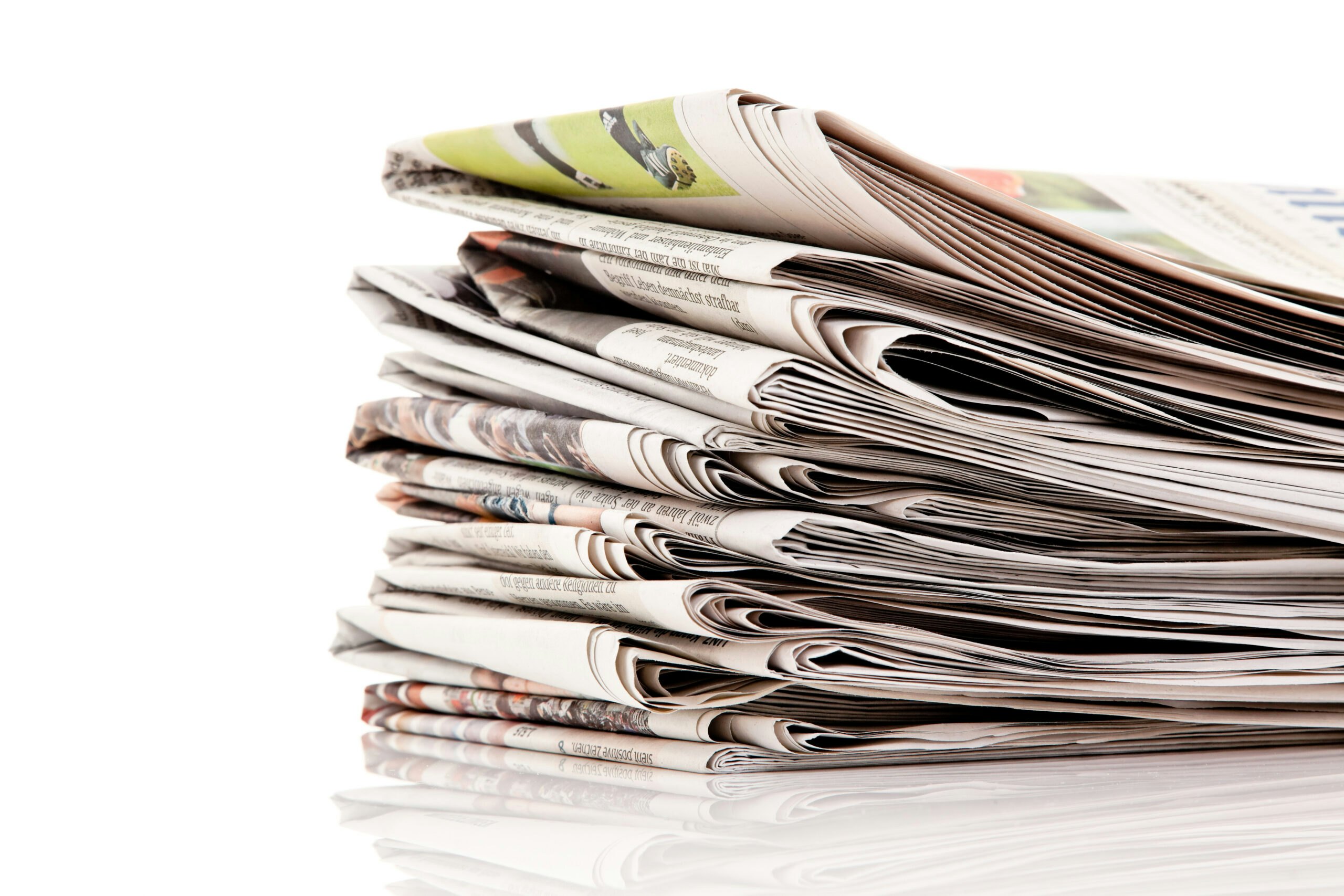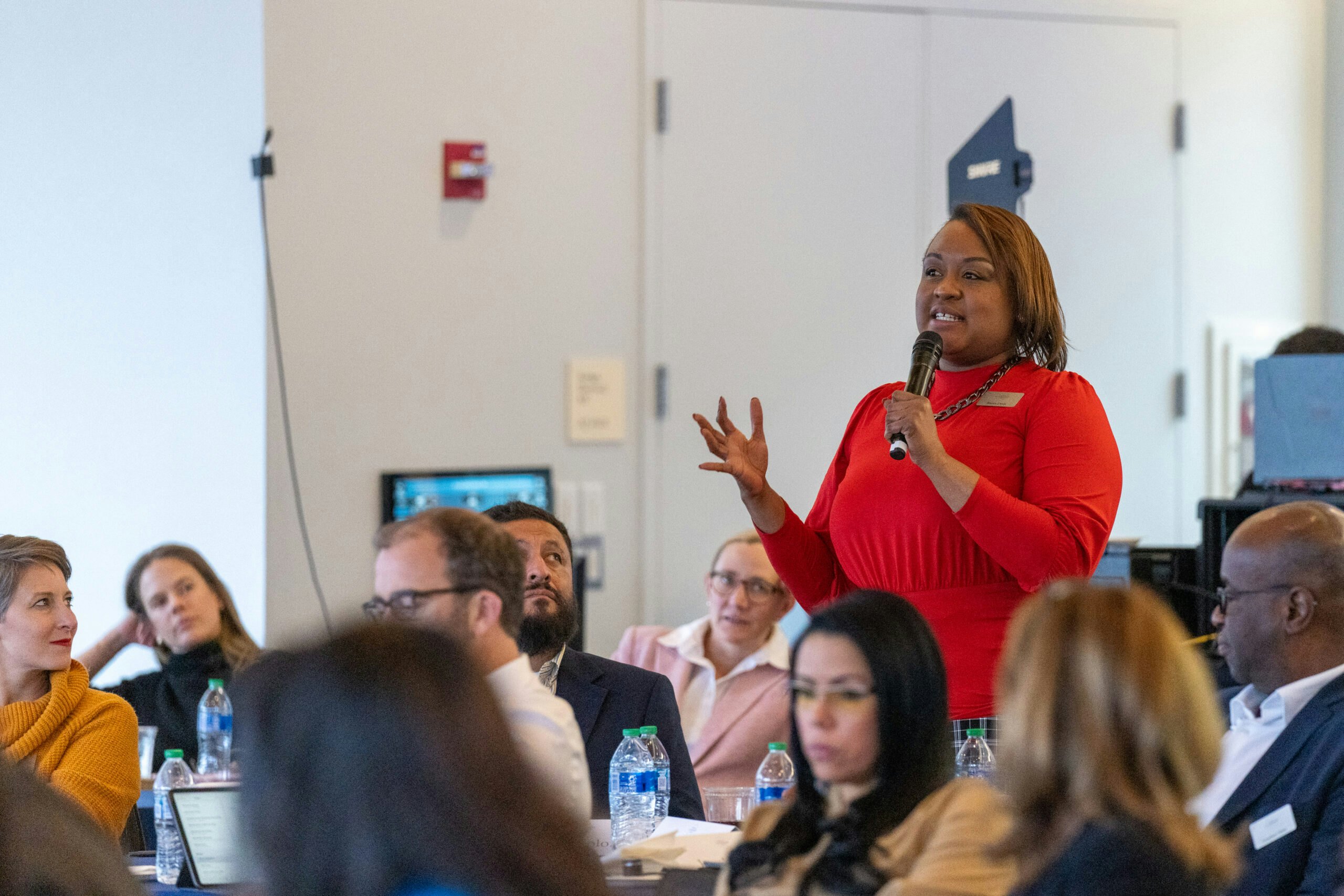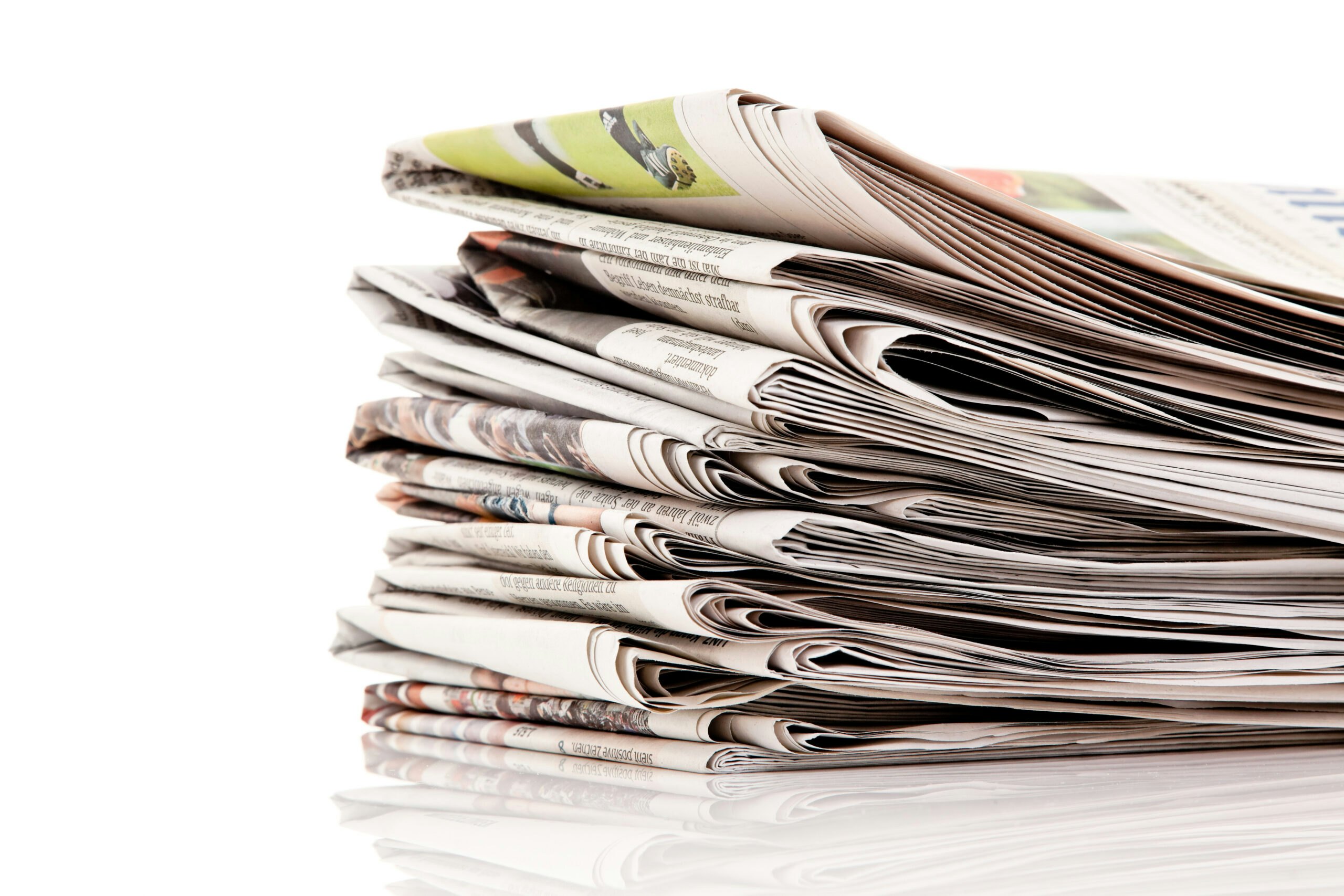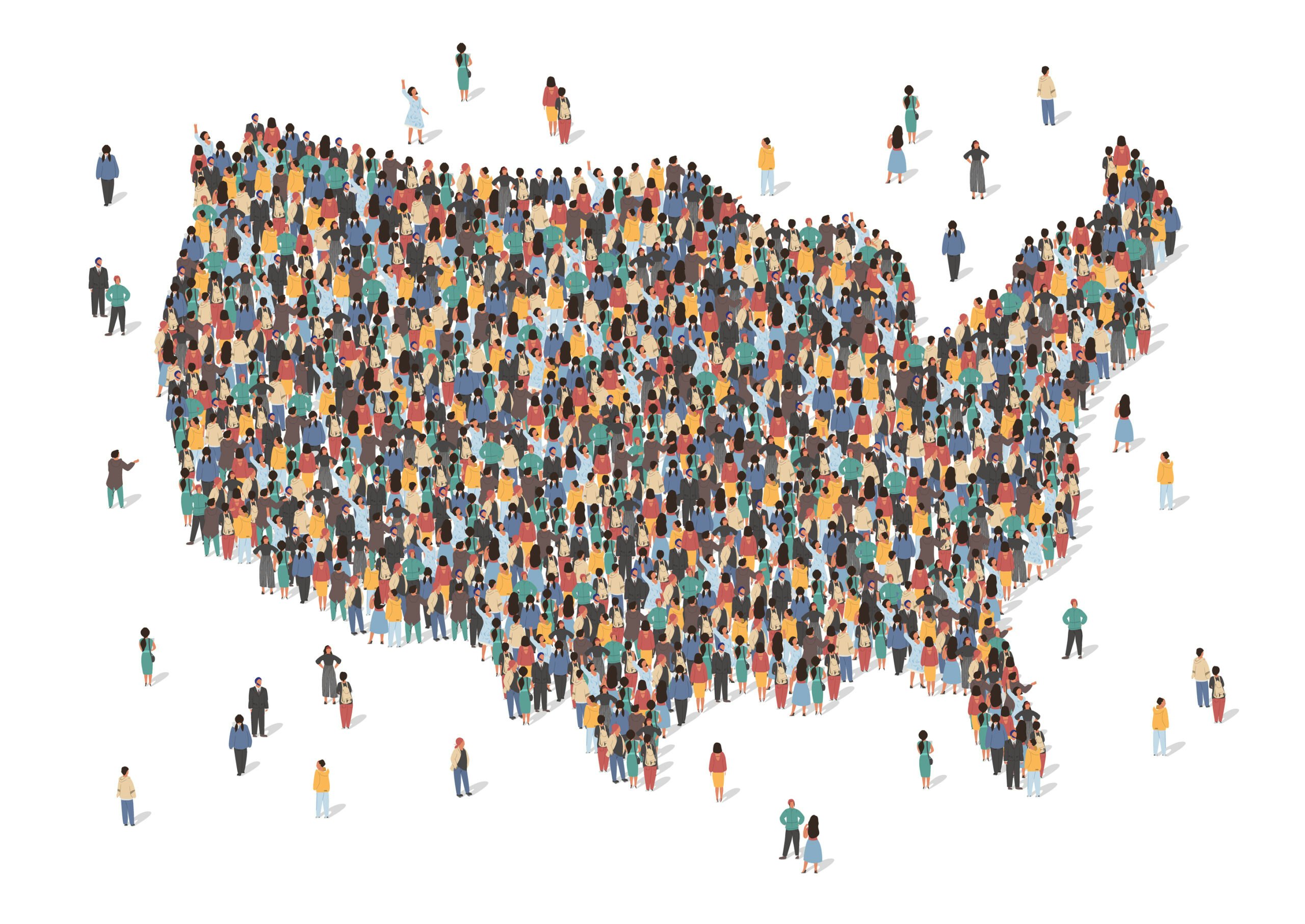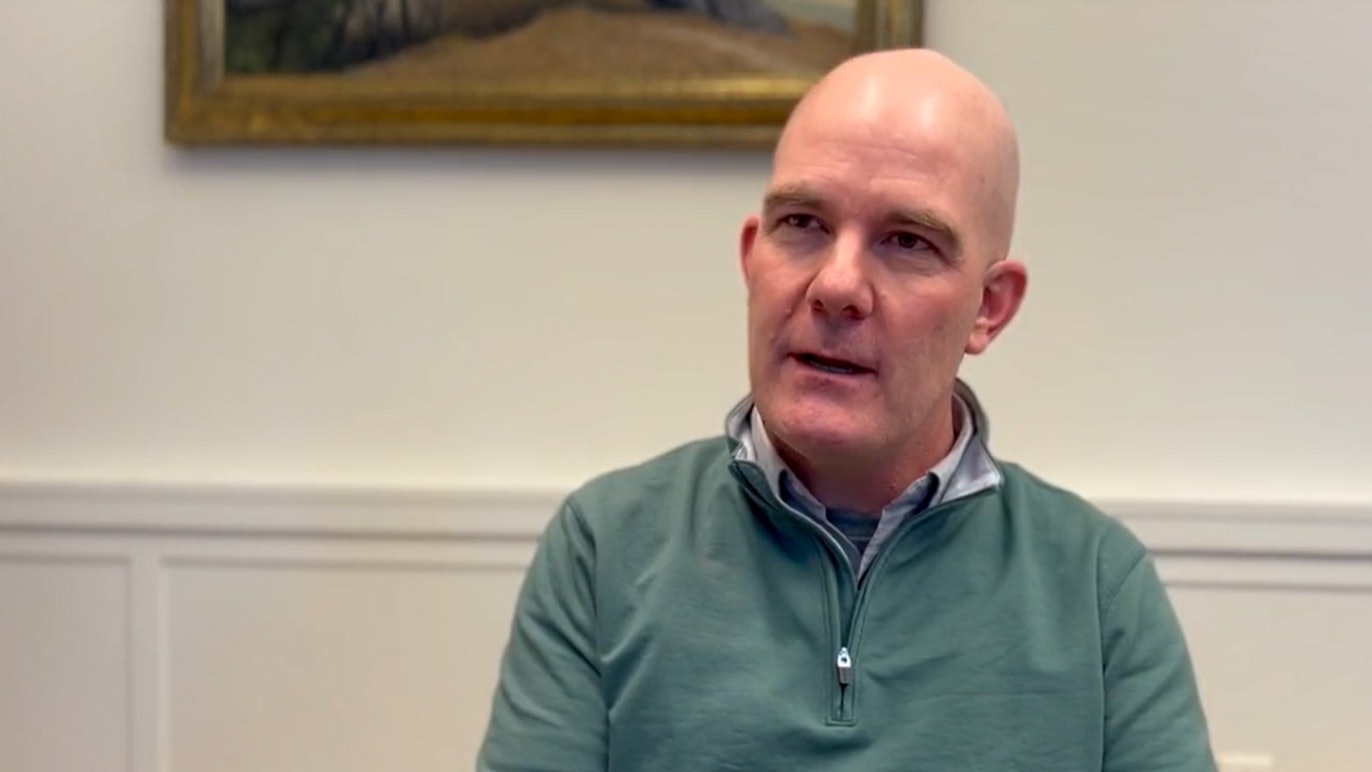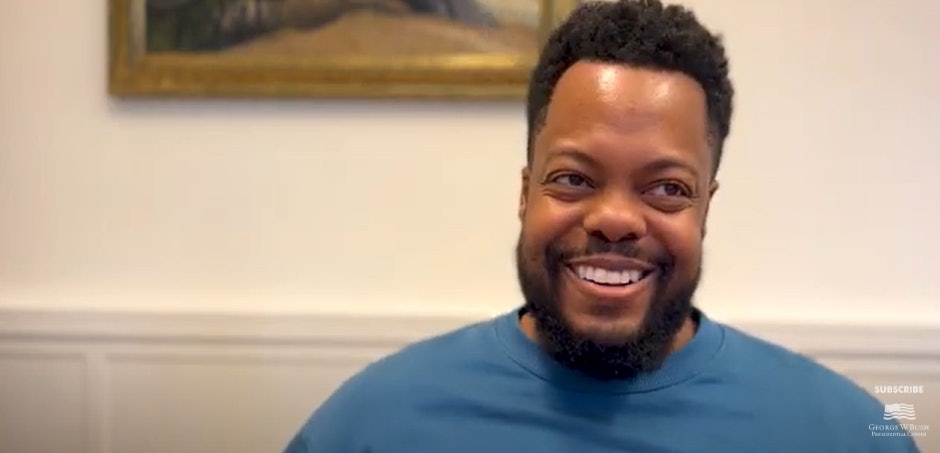The information order’s impact on political stability is one of the more important relationships to understand in global and domestic politics. And by information order, I mean the constellation of sources through which people receive news.
Today, those sources range from traditional media like print, television, and radio to social media like Facebook, Instagram, X, and TikTok to government-controlled information operations in places like Russia, China, and North Korea.
TikTok legislation
A TikTok-related measure moving through Congress is the most recent example of information’s central role in global politics. Conflicts are not just about military might or fights over territories. They also are about the flow of information.
In this case, the debate is about the data that TikTok’s China-based owners may have on American users of the popular video app. And popular it is. According to the Pew Research Center, 32% of Americans ages 18 to 29 regularly turn to TikTok for their news. And, Pew reports, 33% of American adults say they use the platform, up from 21% in 2021.
Beijing-based ByteDance owns TikTok, although it claims that large institutional investors outside of China make up 60% of the ownership. And its CEO, Shou Zi Chew, is a Singaporean who started his career as a Facebook intern. Nevertheless, China has more than a benign interest in the app.
Like all Chinese companies, ByteDance must have an in-house Communist Party committee, CNN reports. In TikTok’s case, the editor-in-chief is secretary of the committee. Additionally, as part of doing business in China, the company had to give the Chinese government a “golden share,” or ownership of one of its key subsidiaries.
These shares give the Chinese government influence over a company, including through seats on the board and veto rights. In the ByteDance case, that may mean controlling the algorithm and the content provided to the public. What’s more, ByteDance is legally bound to help gather information under China’s 2018 National Intelligence Law.
These are among the reasons an eye-catching bipartisan majority of the U.S. House passed a measure in March to require ByteDance to sell its ownership of the app in the United States. Legislators feared the data the company captures on its U.S. customers could place those users in jeopardy. The U.S. Senate now is considering a bill that could lead to a ban on TikTok’s use in our country if ByteDance doesn’t agree to sell the American part of its company. (President Joe Biden pledged to sign such a bill, even though it previously supported a path that would have avoided divestiture.)
National security concerns are preeminent in the case of TikTok. Shifting ownership to a U.S. group could allay worries about user data while keeping information flowing to American customers through the widely used app.
To be sure, transacting such a sale would be complex and expensive. It could spark retaliations. And it could lead to a false comparison between the United States and foreign authoritarians limiting access to information in their own countries. The difference is the United States wants to protect the data of its people, while authoritarians cut off information flows to their citizens.
Suppressing press freedoms
The threat that authoritarian leaders possess to freedom of the press presents another example of how the information order impacts international and national politics. And why U.S. and Western leaders should remain vigilant in protecting that order.
Russia’s continued use of state media and allied operations to obfuscate its invasion of Ukraine remains the preeminent example of how a government uses its power to cloud the truth. Russia’s crackdown on free, independent media after its invasion of Ukraine has allowed Vladimir Putin’s government to further control citizens’ access to reliable information about the war.
Unfortunately, Russia’s influence has spread to Kyrgyzstan, which the Committee to Protect Journalists once considered a “regional sanctuary” for independent journalism after the country separated from the Soviet Union in 1991. The story is different now.
President Sadyr Japarov’s government has followed the Russian lead and passed legislation to require nonprofits that receive foreign funding and engage in what it deems political activities to register as “foreign agents.” This includes media organizations.
To their credit, U.S. Secretary of State Antony Blinken, the United Nations High Commissioner for Human Rights, and others have spoken out against the “foreign agent” measure. Kyrgyzstan’s move, though, comes on top of recent arrests of journalists, stronger presidential power over state-funded broadcasters, and government closures of websites without a court order.
In some cases, the authoritarians may not be government actors.
In Ecuador, drug cartel henchmen stormed a TV studio during a live January broadcast in response to the Ecuadoran government’s crackdown on gang violence, including in prisons. In August, a practicing Ecuadorian investigative journalist running for president was assassinated.
What’s more, from January to September 2023, five journalists fled the country due to death threats. Freedom House reports that “Ecuadorian journalists have attested to the existence of ‘zones of silence,’ where outlets refrain from covering local politics due to pressure from criminal groups.”
These are among the reasons Freedom House downgraded Ecuador’s score for an independent and free media.
Controlling internet access
Then there are ways that leaders (and rival factions) use information – or the lack of such – to control citizens in war-torn nations. Freedom House notes in its 2023 Freedom of the Net study how Putin’s government has enacted laws that make it more difficult for Russians to access the internet.
As a result, Russians find it harder to discover information about the war in Ukraine. The government “sought to eliminate criticism of the full-scale military invasion of Ukraine,” Freedom House concludes.
In Sudan, an internet and telecommunications blackout has thrown the country into an information shutdown in the middle of a brutal civil war, the Committee to Protect Journalists (CPJ) reports. Some think the responsible party is a rebel military group. Some journalists have moved to neighboring nations to report from there, according to CPJ, leaving what one journalist considers “complete darkness” in most of Sudan.
The information arena has long played a role in international and national affairs. It certainly has during periods of warfare. But this sphere increasingly plays a major role in an age when technology fuels the spread of information. Unfortunately, trolls, deepfakes, and cyberattacks are part of the realm, too.
So, during this election season, let us ask candidates and campaigns how they would promote a healthy information sphere. As citizens, we would be wise to listen closely to their responses. Our stability increasingly depends upon a robust and reliable flow of information about our world.



